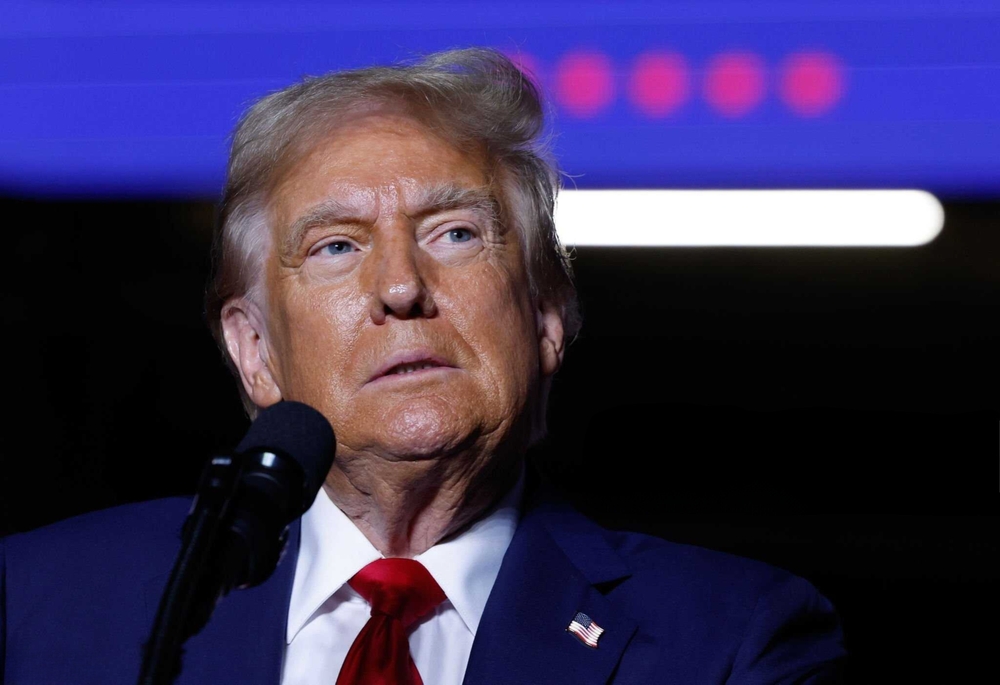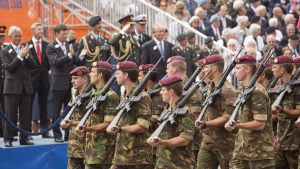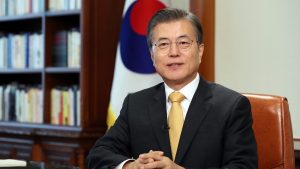White House eyes major investment deal as Riyadh plays key diplomatic role
Others are reading now
U.S. President Donald Trump is planning his first international trip of his second term to Saudi Arabia in the second half of May, as reported by Digi24. The visit is expected to focus on sealing a multibillion-dollar investment agreement and bolstering Riyadh’s role in international diplomacy.
The potential visit has reportedly been under discussion for several weeks between senior U.S. and Saudi officials. While April 28 was initially considered, sources now indicate mid-May as the most likely timeframe. If confirmed, the trip would echo Trump’s first foreign visit during his initial term in 2017—also to Riyadh—when he announced $350 billion in planned Saudi investments.
Eyeing a $1 Trillion Investment Deal
Trump has said the upcoming visit could finalize an ambitious agreement under which Saudi Arabia would invest more than $1 trillion in the U.S. economy, with a significant portion expected to go toward military equipment purchases.
This prospective deal signals an expansion of economic and strategic ties, with Trump emphasizing the importance of Riyadh as a partner not only in commerce but in regional security. The visit also comes as Saudi Arabia emerges as a key diplomatic intermediary. The kingdom recently hosted high-level talks between the U.S., Russia, and Ukraine in an effort to secure a ceasefire in the ongoing war.
Also read
Abraham Accords and Middle East Diplomacy
Trump also hinted that Saudi Arabia could be among the new nations to join the Abraham Accords—a series of normalization agreements between Israel and several Arab states brokered during his first term. Although Riyadh has shown interest, its participation remains uncertain amid continued conflict in Gaza.
Last week, Trump stated that more countries were looking to join the accords, and that U.S. officials were actively working to expand the coalition. Despite ongoing tensions, the White House remains optimistic about Saudi involvement in future regional agreements.
The trip, if it goes forward as planned, could mark a pivotal moment in Trump’s foreign policy agenda, aimed at reinforcing America’s influence in the Middle East through both diplomacy and economic engagement.








